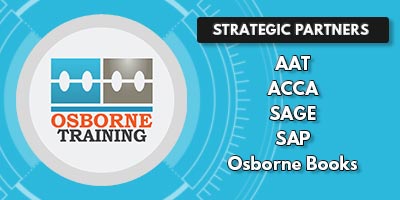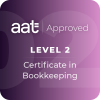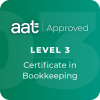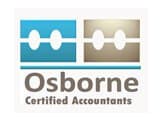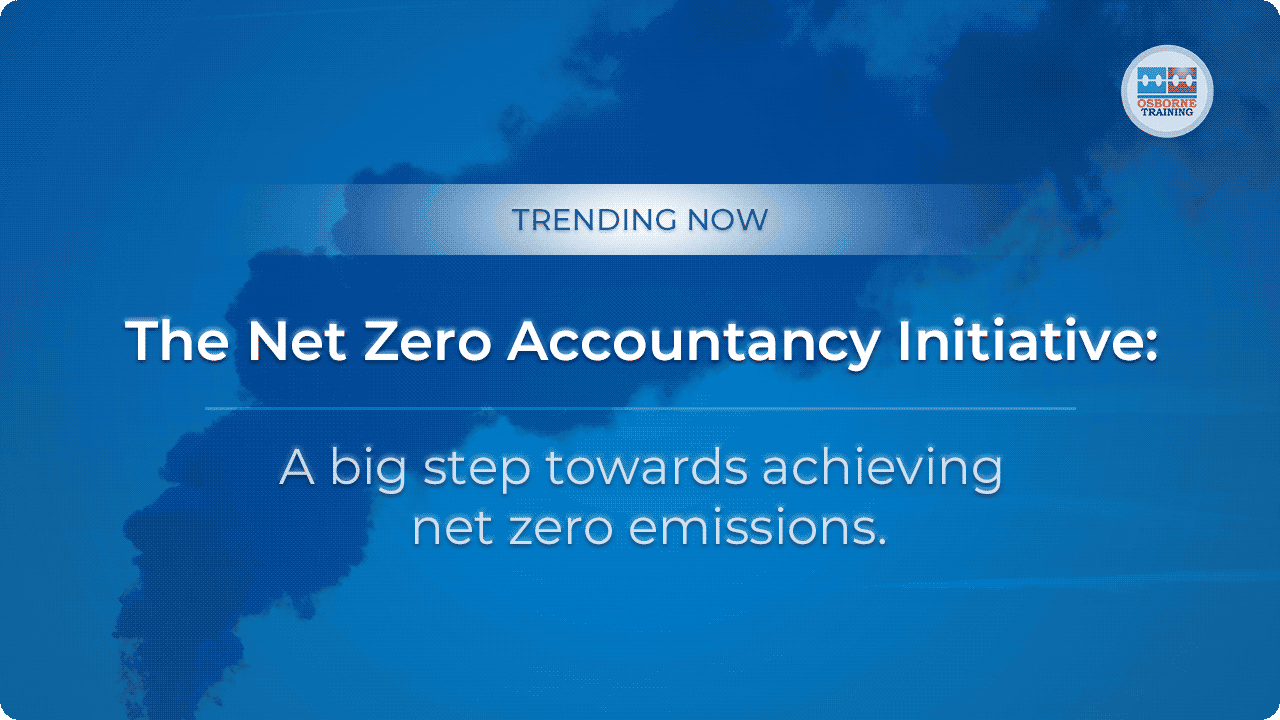
The Net Zero Accountancy Initiative: A big step towards achieving net zero emissions
The world climate is changing and it is changing fast. Organisations from all over the world are doing their bit to tackle the climate crisis. The accountancy industry too has buckled up in its fight against the greenhouse effect with big industry names coming together to launch the “Net-zero accountancy initiative”.
This move aims to reduce the carbon footprint generated by the accountancy profession to net zero. The key takeaways of this initiative include:
- Prepare a roadmap for firms to reach net zero-emission and a standard certification for the firms that achieve this goal.
- Develop an accountancy dedicated digital platform to help firms calculate their Co2 emissions, set new targets, and plan out the strategies to reach the same.
- Certification marks using which accountancy firms can convey their key role in reducing emissions to their clients, customers, and stakeholders.
The Net-zero accountancy initiative is a product of the collaboration between the climate action platform; Net-zero now and accountancy partners; Sage, AAT, ICAEW, and ACCA. The need for such an initiative grew when Net-zero now estimated that accountancy practices alone are responsible for half a million tonnes of greenhouse gases.
To give you a rough reference, this emission is equivalent to gases produced by a whopping 100,000 cars driven over a year. The initiative also aims to work in line with the “Net-zero target by 2050” set by the UK government.
Also due to the lack of an industry-standard protocol, only big firms were able to follow and act upon the emission-reducing advice. This left behind a whole majority of small and medium-sized firms that found the process quite expensive, complex, and time-intensive.
The Net-zero accountancy initiative follows a protocol to develop standard guidelines and provide guidance to reach net-zero greenhouse gas emissions by the accountancy profession.
The initiative has been backed by an excellent development process which has been peer-reviewed by industry stakeholders and climate experts for its feasibility. This cross-industry partnership makes it a significant and promising move in the direction of cutting down emissions from the accountancy sector.
The accountants that comply with these guidelines will be certified net-zero or can get certification on their net-zero target date.
What makes this net-zero initiative even more crucial is the growing awareness among the young workforce. Recent data suggests that young employees are more likely to prefer an organization that has oriented itself to mitigate the climate crisis. So, all in all, the net-zero seems to be a win-win situation for all.
A pilot run of this initiative in firms such as Wilson Wright and Grunberg found some interesting facts, such as Accountancy firms compared to other sectors have an easier way to get to net zero. The majority of sector emissions are from energy used in offices, commuting employees, and IT hardware. Also, the accountancy sector more or less finds the same challenges in achieving net-zero, so a common sector-wide guideline can efficiently serve the purpose.
